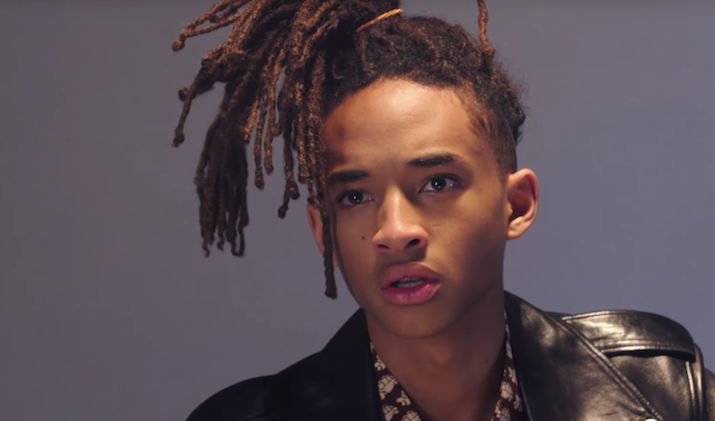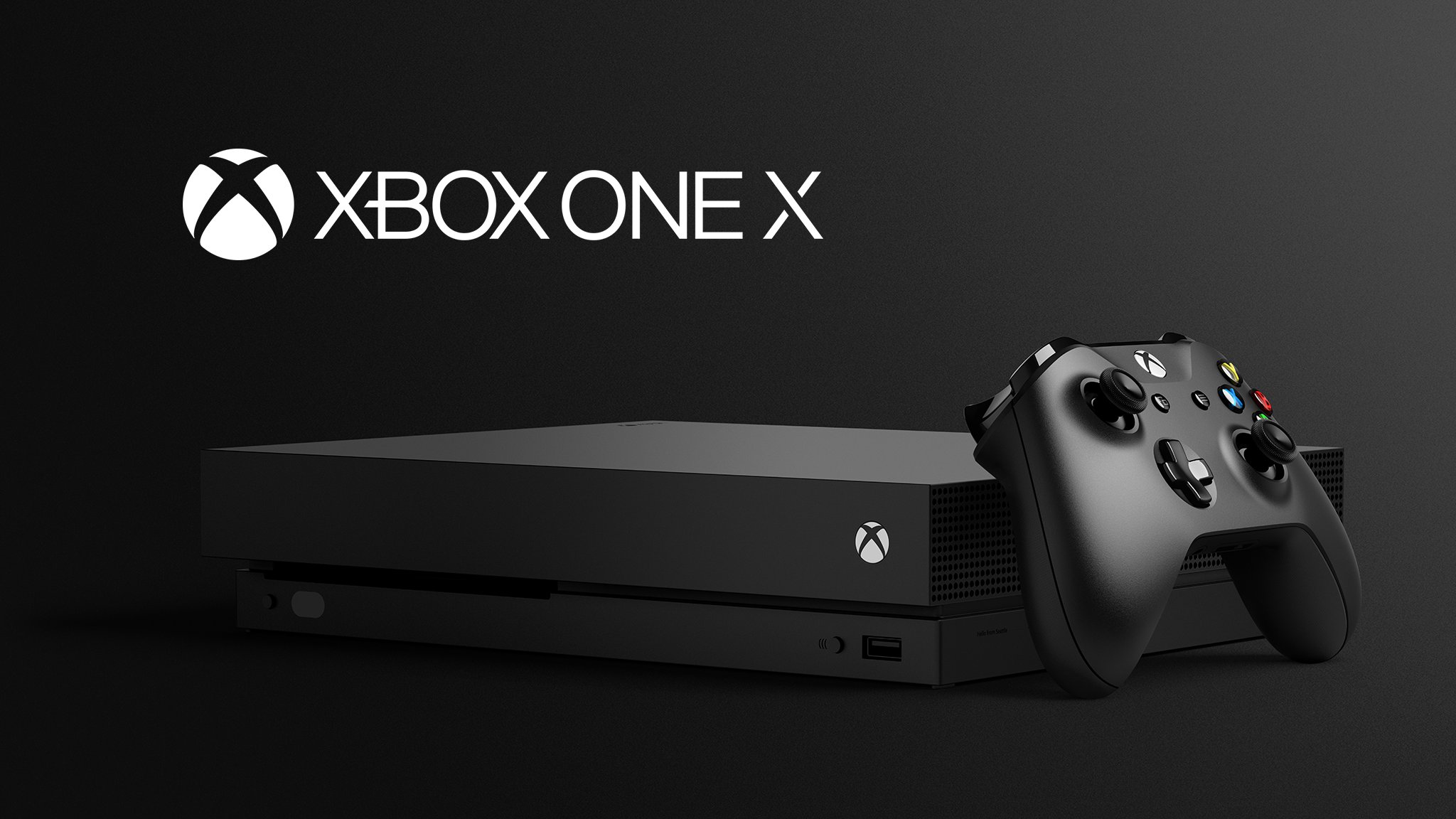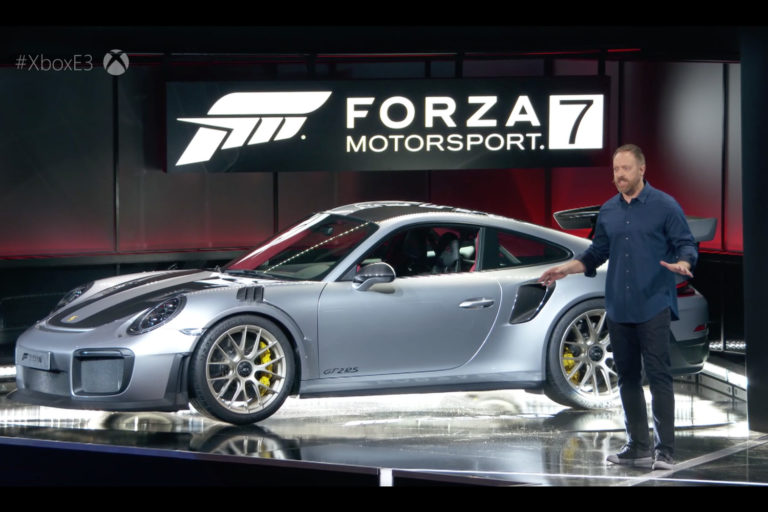Though I’ll always stand by the idea that the Xbox One is a fine machine, these days, it is a shadow of its former self. Sans the weight of the anchor that was the Kinect, or the Snap feature that once defined its unique interface, it exists almost at this point as a reminder of what happens when you fly too close to the sun and push the patience of your fans to their breaking point.
Instead of being a worthy successor to the 360, it was instead hamstrung by Microsoft’s desire to turn the One into an all-encompassing media box first, and a game console second.
That ambition cost them fans where they needed them most. The Kinect itself wasn’t bad, but making consumers feel like it was being forced on them was. For all of the console’s robust additional features, they aren’t what sell consoles at the end of the day.
The console market is built upon a simple, uncomplicated end user experience, and consumers invested there just want the fastest route to to the best games. After it became clear early on that the Playstation 4 was the machine with the horsepower for full HD gaming at a lower price, Microsoft found themselves on the ropes. When it became clear that the console was also lacking high profile exclusives, their fate was just about sealed. Customers voted Sony with their wallets, and despite nailing a number of timed exclusive titles, despite reviving dormant 360 classics with backwards compatibility, their fate hasn’t really changed.
With Project Scorpio, it’s clear that Microsoft is trying to reverse their fortunes in the court of public opinion. Since they’ve had the objectively weaker console for nearly four years, it does behoove them to update it, and with all of the latest bells, whistles, and buzzwords you can think of (4K ! Teraflops!!!).
Whether or not it will work is the bigger question. Anyone who’s experienced a heated Twitter argument can see that trying to cater to the peacocking whims of console gamers is an endless uphill battle. In trying to please them with flashy new hardware, it feels like they took away the wrong lesson for success this generation.
Like movie studios scrambling to replicate MCU success, or desperate publishers making EVERY new title open world in response to GTA, is chasing the PS4’s power gap really the biggest concern the Xbox has at this point in time? Especially when you consider that exclusives like Platinum’s Scalebound are being lost to the winds? They’ve had moderate success with indies, nailed excellent timed exclusives like Rise of the Tomb Raider, and are currently schooling Nintendo and Sony about how to handle backwards compatibility. I would argue that is the route they need to continue on, but they seem to be consumed with hardware, while software continues to fall by the wayside.
It’s all about priorities. At the end of the day, most of us don’t have 4K televisions yet, and an increasing number of gamers are starting to realize they would rather have smoother framerates than higher resolutions they can’t always discern as superior on a 24-inch monitor. As trends go, 3D had its day, and the 1080p dream wasn’t fully realized like we thought it would in 2013. While resolutions will come and go as a result of progress, performance will never be obsolete.
If Microsoft wanted to win anyone over this year, it wasn’t going to be because they gave console fans the ability to brag about their teraflops. But as my curiosity and concerns grew, the show was in fact just beginning.
As the curtain drew, we were given the console’s official nom de plume: Xbox One X.
There have been extensively detailed teardowns of the hardware earlier this year, so showing off the Xbox One X in a way that really sold their 4K mission was pertinent. The price was finally revealed to be $499 in line with many predictions, along with the release date: November 7,2017. Existing titles the likes of Injustice 2 and Final Fantasy XV were also confirmed to have 4K updates in development, selling the mission of a console that aims to improve its 20/20 hindsight with a stronger chipset. First party games Forza Motorsport 4, Minecraft, and Crackdown 3 were shown running in full 4K, and Microsoft spared no opportunity to remind the audience of this with every new trailer. Also, as if backwards compatibility with Xbox 360 games wasn’t enough, they’re going even further back and adding original Xbox games to the mix, starting with the multiplayer classics Crimson Skies, and Fuzion Frenzy.
Also, the name Xbox One X? I think it’s just fine. While I’ve seen criticism of the name from all sides, it accomplishes two things:
-
- It keeps this new console within the “Xbox” family of products without otherizing it. At the end of the day, it isn’t a new Xbox, just a more powerful Xbox One, and it’s important to maintain that distinction lest you confuse people the way Nintendo does whenever they release a new 3DS.
- When you abbreviate it, it spells XBOX.
We have come full circle.

The rest of the show went about as well as expected, with many AAA titles on display to instill confidence. The Last Night, and The Artful Escape from Annapurna Games were indie titles sent from pixel art heaven, along with Metro: Exodus having a strong reveal. Assassin’s Creed Origins also looked solid, with the annual franchise’s year off having added an extra layer of polish to the series’ final chapter in Egypt.
Also, Anthem. Anthem! It looks like an apology for Mass Effect: Andromeda and asking Bungie to hold their MMO-flavored beer all rolled into one.
If anything stood out like a sore thumb, it was the biggest 3rd party developer not being present.
Activision was surprisingly absent from the briefing, and considering their history, you think they’d be the first out to declare that Overwatch, Call of Duty: WW2, and Destiny 2 having One X support would be a given like their PS4 Pro counterparts, but mum was the word. In fact, they specifically weren’t there in a way that explicitly reeked of brand deals with a competitor. I don’t wonder whether that had anything to do with it, and neither should anyone else. We all know who signs the checks.
Final Thoughts
Microsoft had a strong showing this year. Not only did they show their full commitment to the future of 4K gaming with their Xbox One X reveal, but they did so with a strong lineup of indies and AAA titles that’ll exploit their console to the fullest. Even if some in the post-reveal were revealed to be using checkerboard rendering, which is unsurprising as many devs on console have more experience with PS4 Pro workarounds than they do with getting to the metal of a yet unreleased console. The main takeaway this year is that the Xbox One as a platform isn’t going to be left behind in the age of 4K, and that they are willing to keep up with a demonstrably stronger premium console to do it.
Cross platform play is another feather in their cap, and it’s surprising that it took this long to become an option. Again, in breaking down another traditional barrier endemic to the games industry, it becomes increasingly more difficult to imagine how this would be bad for anyone. When you consider that they’ve been pushing for cross-platform play since the release of Rocket League (and now Minecraft) in a way that Sony won’t play ball with, it makes the Xbox’s restructuring as brand over console even clearer. Exclusivity is an outmoded concept when compared to the bigger picture, and keeps more people from playing specific games together rather than encouraging them to. It’s time for unity.
But while they won in terms of hardware, they still have a core problem that wasn’t addressed, and that is lacking an(y) IP that evokes a guttural fan response. A library that can truly excite new and existing fans, with franchises that excite people about the hardware they’ll be experiencing them on. Something, anything that just screams Xbox.
In this area, they continue to lag behind their competition. Sony can stir up fans simply by playing a few strings in the Uncharted score. Nintendo can rile up the most jaded fan by sticking a Mario mustache on virtually any object you can think of, but despite marketing the most powerful platform ever created, one of the most enduring, iconic images in the Xbox first-party catalog is literally a car. If you don’t play racers, it’s a generic guy in a robot suit shooting aliens. If it’s neither, I can’t even imagine where the appeal lies if you have yet to take the Microsoft plunge. There isn’t anything terribly special, or iconic in their stable the likes of a Crash Bandicoot or Mario, and the one title that could elicit such a visceral response (Halo 6, anyone?) wasn’t invited to the 4K party this year.
It also doesn’t help that when Microsoft announces a title as being “exclusive”, it rings hollow because more often than not, they are talking about being exclusive at launch, instead of giving lasting reasons to purchase their console above any other like their competition. Playdead’s smash hit Inside was exclusive for a month last year, and it’s difficult to be truly excited for titles like The Last Night as it relates to Xbox when the lingering impression that it’ll hit PC or PS4 soon after is always looming. It’s great that you’ll get to play that hot new game there first, but it doesn’t do much to inspire loyalty to the console itself.
After tonight’s show, I’m growing more convinced that this focus on software moving across hardware is Microsoft’s long game here. I think the positioning of the Xbox as an ecosystem that’ll follow you no matter which Xbox you choose present, or future is a bold move. It’s one that could make the idea of being locked to specific consoles obsolete, especially as we move further into the realm of digital downloads and lock our libraries to the internet. With newer titles getting far too large for physical media every day, pushing backward compatibility as a feature in the long term is only going to empower gamers to invest in their libraries, knowing they’ll stick around.
During a time where it’s proven more profitable to resell “remastered” or “definitive” editions of games you already own, isn’t that worth pursuing? For companies, wouldn’t they rather reserve their budgets for new games rather than revisiting old ones? Part of the reason we don’t have a Mass Effect Trilogy remaster is that Bioware was simply too focused on Andromeda to spare the resources necessary to convert it. This matters little for an Xbox One owner who has the ability to revisit them at will.
(Things to think about as Bethesda prepares to sell us Skyrim for the thousandth time.)
Between backwards compatibility, advocating for cross-play, and pushing the idea of iterative hardware with the One X, we’re clearly moving into a very PC-like state of affairs. I think it’s safe to assume that in Microsoft’s opinion, the idea of choosing a console should be as painless as choosing between AMD or Intel. It shouldn’t restrict what you can and can’t play, or whom you can play with, especially if they’re going to share 80% of their libraries anyway. Just make your choice based on preference, and enjoy.
That’s an idea I can get behind.




